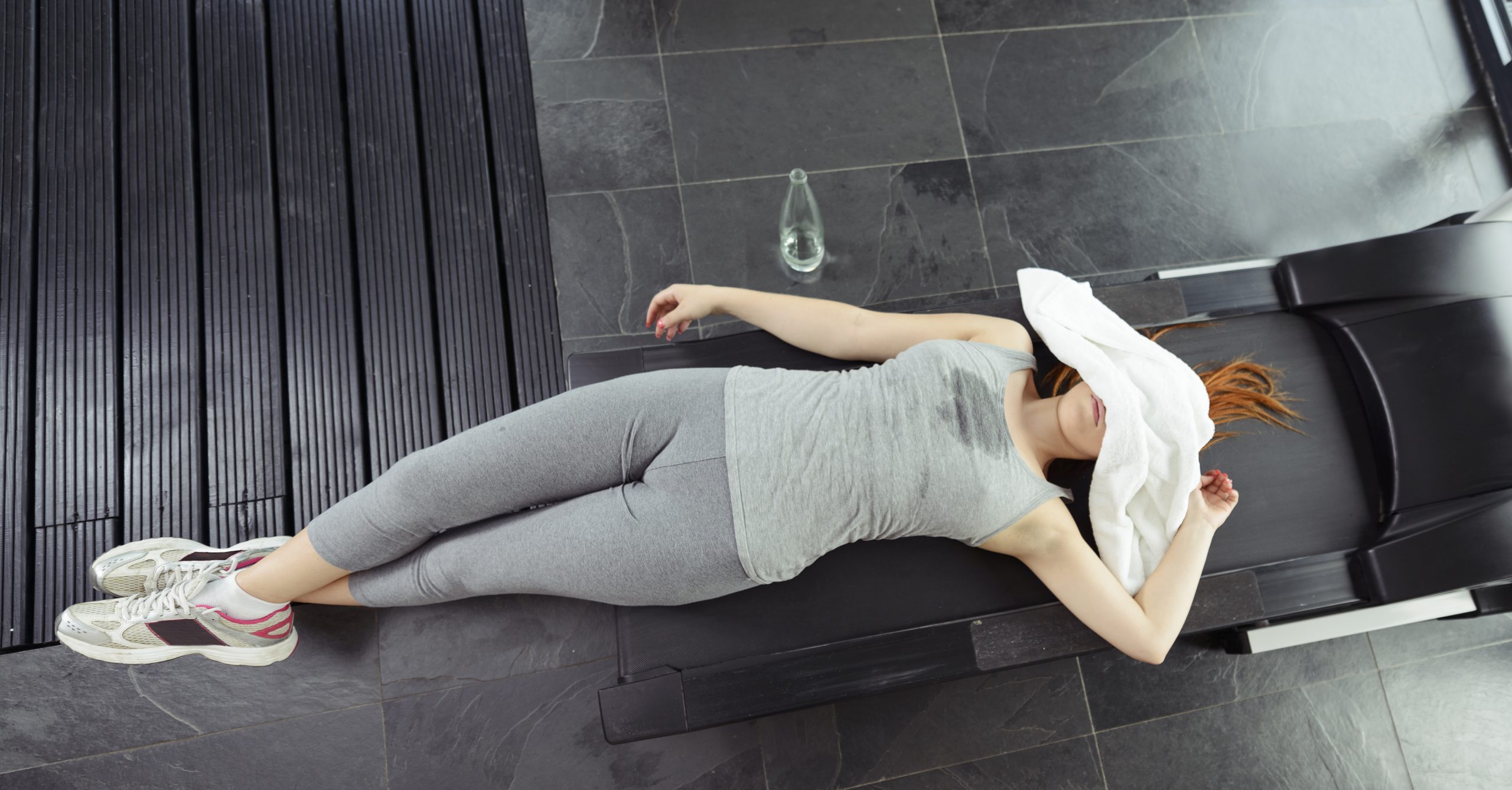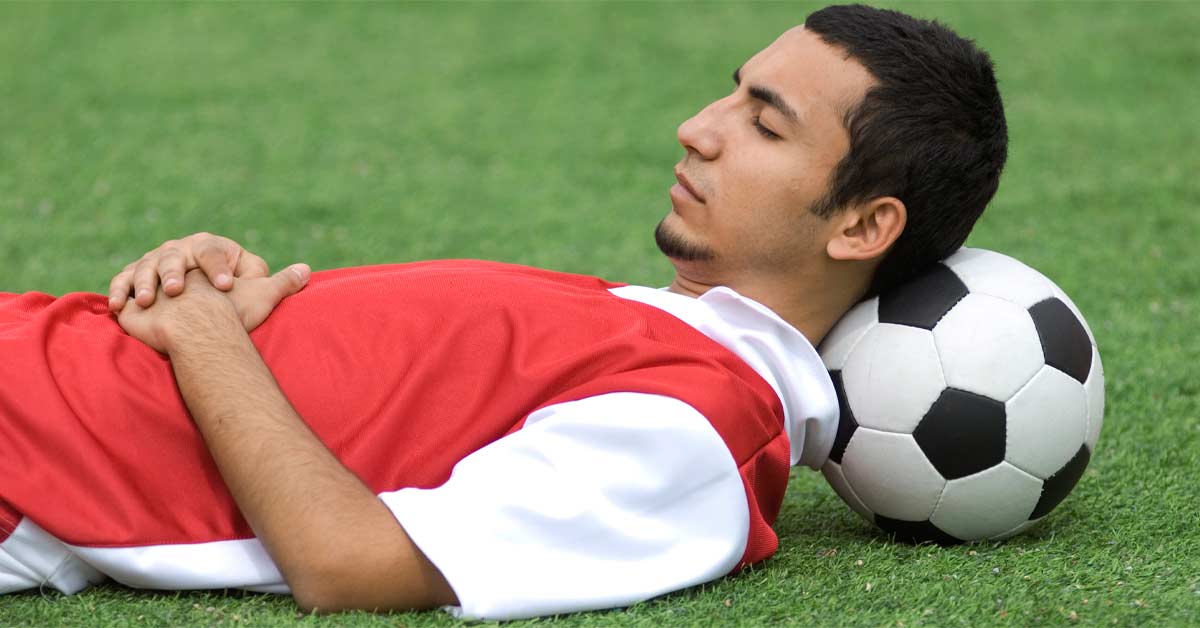The Power of Sleep: Preparing for Your Next Game
in the world of sports, where physical endurance and mental acuity play pivotal roles, the value of sleep is often underestimated. However, sleep is as critical as training and nutrition in an athlete’s regimen. It’s the silent powerhouse that enhances performance, speeds recovery and sets the stage for success in your next game. Let’s explore why sleep is a game-changer and how it directly impacts your readiness for competition.

Sleep: The Ultimate Recovery Tool
During sleep, your body undergoes vital processes that repair and rejuvenate muscles. According to the National Sleep Foundation, the body releases growth hormones primarily during deep sleep. These hormones are essential for tissue growth and muscle repair, making sleep crucial for athletes who push their bodies to the limit during training and games.
A study published in the Journal of Sports Sciences highlighted that sleep-deprived athletes showed significantly slower recovery times and an increased risk of injuries compared to those who prioritized adequate rest. The takeaway? Sleep isn’t just rest—it’s recovery in action.
The Mental Edge: Cognitive Benefits of Sleep
Athletes don’t just compete with their bodies; they compete with their minds. Decision-making, focus, reaction time, and emotional regulation are all sharpened by quality sleep. Research from Stanford University found that basketball players who extended their sleep to at least 10 hours per night experienced faster sprint times, improved shooting accuracy, and enhanced overall performance. This demonstrates the profound impact of sleep on both physical and mental performance.
Sleep and Game-Day Readiness
When it comes to game day, being well-rested is non-negotiable. Lack of sleep leads to decreased energy levels, slower reaction times, and impaired decision-making—a trifecta of disadvantages no athlete can afford. According to the American Academy of Sleep Medicine, adults should aim for 7-9 hours of sleep per night, while athletes might require closer to 9-10 hours to meet the demands of their intense schedules.
How to Optimize Sleep for Athletic Performance
- Stick to a Routine: Go to bed and wake up at the same time every day, even on weekends. Consistency helps regulate your body’s internal clock.
- Create a Sleep-Friendly Environment: Keep your room dark, quiet, and cool. Invest in a comfortable mattress and blackout curtains to minimize disruptions.
- Limit Screen Time: Reduce exposure to screens at least an hour before bedtime. Blue light from devices can interfere with melatonin production, the hormone that regulates sleep.
- Fuel Smartly: Avoid heavy meals, caffeine, and alcohol close to bedtime. Instead, opt for a light snack like a banana or a handful of nuts if you’re hungry.
- Wind Down: Develop a pre-sleep routine, such as stretching, journaling, or meditating, to signal to your body that it’s time to rest.
The Competitive Advantage of Sleep
As the saying goes, “Failing to prepare is preparing to fail.” Sleep is your ultimate preparation tool—a natural performance enhancer that improves recovery, sharpens your mind, and readies your body for peak performance. So, the next time you’re tempted to sacrifice sleep for extra training or late-night entertainment, remember that prioritizing sleep is an investment in your game-day success.
By recognizing the importance of sleep and making it a cornerstone of your preparation strategy, you’ll not only elevate your performance but also build resilience and longevity in your athletic career.
Sources:
American Academy of Sleep Medicine: www.aasm.org
National Sleep Foundation: www.sleepfoundation.org
Journal of Sports Sciences: www.tandfonline.com
Stanford University Sleep Study on Athletes: https://med.stanford.edu

